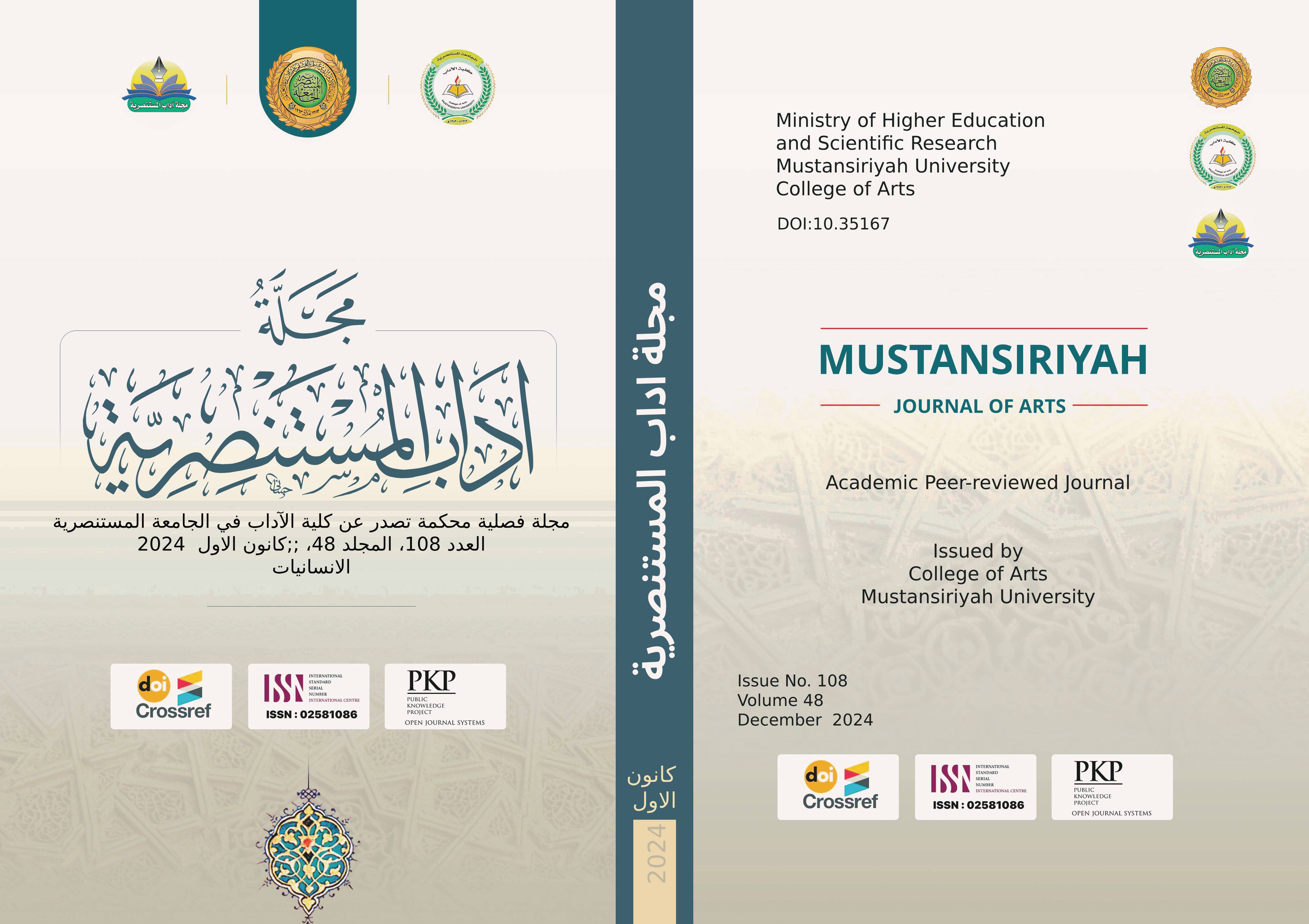Realistic Thinking, Perceived Creative Environment, and Their Relationship with Metacognition among Arabic Language Teachers
Abstract
This research aims to measure the level of realistic thinking, the perceived creative environment, and their relationship with metacognition among (Arabic language teachers). To achieve this, the researcher followed the descriptive method (correlational study) to accomplish the research objectives.
The researcher developed the research tools, which included a realistic thinking scale consisting of 28 items, with validity and reliability confirmed through a pilot sample of 200 individuals from the original population. Additionally, a perceived creative environment scale was created with 32 items, and its validity and reliability were also tested using a pilot sample of 200 individuals. The third tool was a metacognition scale with 40 items, which also underwent validity and reliability testing with the same pilot sample of 200individuals.
The study was conducted during the academic year (2023-2024), and the researcher employed the t-test for a single sample to analyze the results, which indicated a positive relationship between the research variables.
The researcher concluded that the research sample exhibited strong realistic thinking and awareness of the creative environment, as well as acceptable but not statistically significant levels of metacognition. The researcher suggests enhancing metacognition among Arabic language teachers and recommends developing training programs focused on realistic thinking, the perceived environment, and metacognition.
Downloads
Published
Issue
Section
License

This work is licensed under a Creative Commons Attribution-ShareAlike 4.0 International License.


